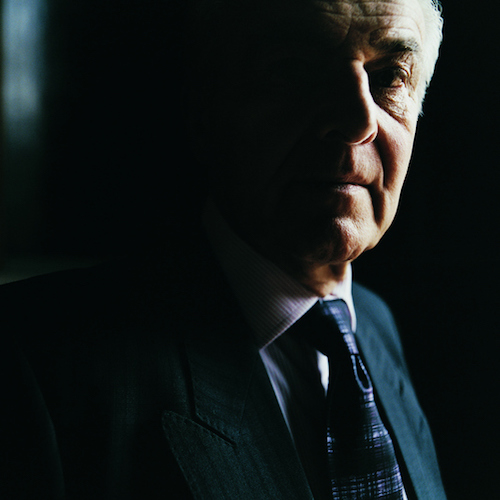Retail
As Industry Tumbles, 6 Retail Chiefs Who Can't Be Fired

Published:
Last Updated:

As same-store sales disintegrate and it becomes clear the holiday season was unkind to many retailers, several retail company chief executives cannot be ousted, no matter what their results. Most have families that control the stock of their companies and, therefore, are largely immune from financial results.
Among old retailers, Dillard’s Inc. (NYSE: DDS) shares have dropped 9% in the past month to around $57, close to a 52-week low. Via holding company W.D. Company, the Dillard family owns nearly 100% of the Class B shares that control the company. William Dillard II is the CEO, Allen Dillard the company president and Michael Dillard an executive vice president. Among them they made over $7 million in the past year, reported by the public company’s proxy.
Nordstrom Inc. (NYSE: JWN) management enjoys a similar situation. Its shares are down 9% in the past month to $45. Brokerage Stifel recently cut its rating on the shares to Hold. This was done because same-store sales are anticipated to have collapsed at the end of last year. The company has three co-presidents: Blake, Erik and Peter Nordstrom. Among them they made $6 million, according to the most recent proxy. The family owns 19% of the Nordstrom shares.
One of the most deeply troubled retailers is bookseller Barnes & Noble Inc. (NYSE: BKS). Its shares are down 12% in the past month to just over $10. The company posted horrible same-store sales, and its CEO departed recently. Comparable store sales dropped over 9% during the nine-week holiday period. The chain cut its forecasts. The one constant at Barnes & Noble is its founder Leonard Riggio, who owns nearly 18% of the company’s shares. He recently retook the helm at the public corporation.
Shares of Whole Foods Market Inc. (NASDAQ: WFM) are off 3% in the past month to just above $30. Its same-store sales dropped nearly 3% in the past fiscal year. Whole Foods co-CEO Walter Robb was dumped by founder John Mackey, who has taken over as the company’s sole chief. Its stock recently was dropped from the Nasdaq 100 due to the company’s share performance and market cap. At least Mackey does not take a salary. While he does not own a large percentage of the shares outstanding, he has used his position as founder as leverage.
Sears Holdings Corp. (NASDAQ: SHLD) is by consensus the worst-run large retailer in America. Its shares are up 12% in the past month to just above $9. However, the stock has crashed 44% in the past year. Sears Holdings is desperate for cash and recently sold its Craftsman business for $900 million. The company is considered a candidate for bankruptcy. The single reason it continues to be viable is loans from CEO and controlling shareholder Eddie Lampert. He put Sears and Kmart together to found the parent company, and Lampert owns roughly 55% of the outstanding shares.
The only CEO of a large retailer that is doing extraordinarily well is Amazon.com Inc. (NASDAQ: AMZN) founder Jeff Bezos. Its shares are up nearly 6% in the past month to $820, which is close to an all-time high. Amazon has scorched the rest of the retail industry and is a primary contributing cause of the failure of many brick-and-mortar retailers. Bezos also has successfully pressed the company into streaming media, its own consumer electronics and Amazon Web Services, which is the largest provider of cloud services in the world.
Thank you for reading! Have some feedback for us?
Contact the 24/7 Wall St. editorial team.